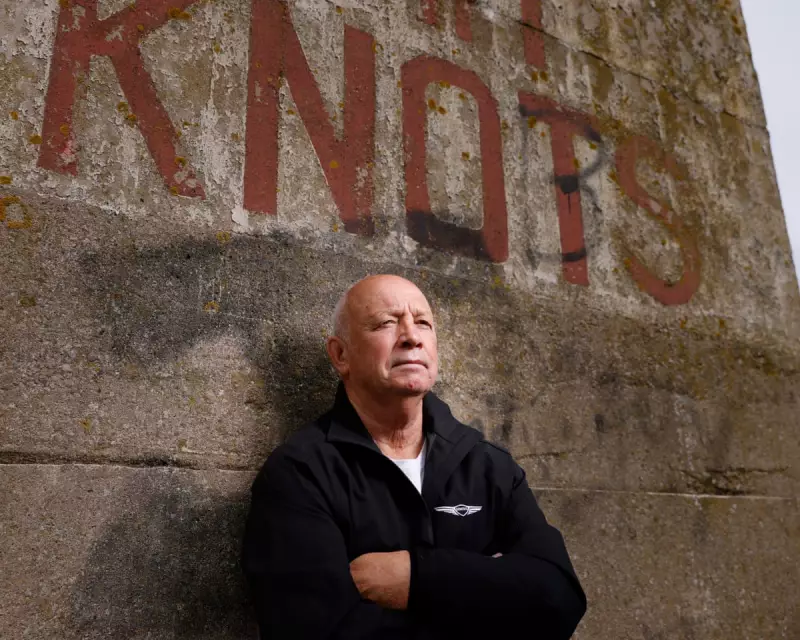
The night of July 6, 1988, remains etched in Britain's collective memory as one of the darkest chapters in industrial history. Steve Rae, then a 28-year-old radio operator, found himself facing an impossible choice: remain on the inferno that was Piper Alpha or take his chances with a 175-foot plunge into the freezing North Sea.
The Calm Before the Storm
Piper Alpha, located 120 miles north-east of Aberdeen, was a bustling community of 226 men working on what was then Britain's largest oil and gas platform. Steve recalls the ordinary nature of that Wednesday evening, with crew members winding down after their shifts, completely unaware that catastrophe was mere moments away.
"It began with a low rumble that quickly escalated into a deafening roar," Steve remembers. "The entire platform shuddered violently, and within seconds, we were surrounded by flames and choking black smoke."
The Impossible Choice
As fire engulfed the platform and communication systems failed, Steve and his colleagues faced their grim reality. The helideck was inaccessible, lifeboats were destroyed by the flames, and the sea below churned with burning oil.
"We gathered at the edge, looking down at the water that seemed an impossible distance below," he says. "The heat was so intense it felt like my overalls were melting to my skin. We knew jumping was dangerous, but staying meant certain death."
The Desperate Leap
Steve's 175-foot jump remains one of the most dramatic survival stories from that night. He describes the surreal sensation of falling through darkness, the impact that knocked the wind from his lungs, and the desperate struggle to reach the surface through burning oil.
"The impact was brutal," he recalls. "I surfaced gasping, surrounded by flames on the water. I could hear other men screaming, some trapped on the platform, others struggling in the sea around me."
A Legacy of Loss and Change
Of the 226 people on board that night, only 61 survived. The disaster claimed 167 lives, leaving families shattered and communities across Scotland and beyond in mourning.
The subsequent Cullen Inquiry led to sweeping changes in North Sea safety regulations, transforming offshore operations forever. New emergency systems, improved evacuation procedures, and enhanced safety cultures became mandatory across all UK offshore installations.
Remembering the Fallen
Nearly four decades later, Steve still carries the physical and emotional scars of that night. He now shares his story to honour those who didn't make it and to emphasise the importance of workplace safety.
"Every time I speak about Piper Alpha, I'm speaking for the 167 men who never came home," Steve says. "Their legacy is the improved safety standards that protect offshore workers today. We must never forget the price that was paid for these lessons."
The Piper Alpha disaster remains Britain's deadliest offshore tragedy, a stark reminder of the dangers faced by those working in the energy industry and the critical importance of rigorous safety protocols in high-risk environments.





